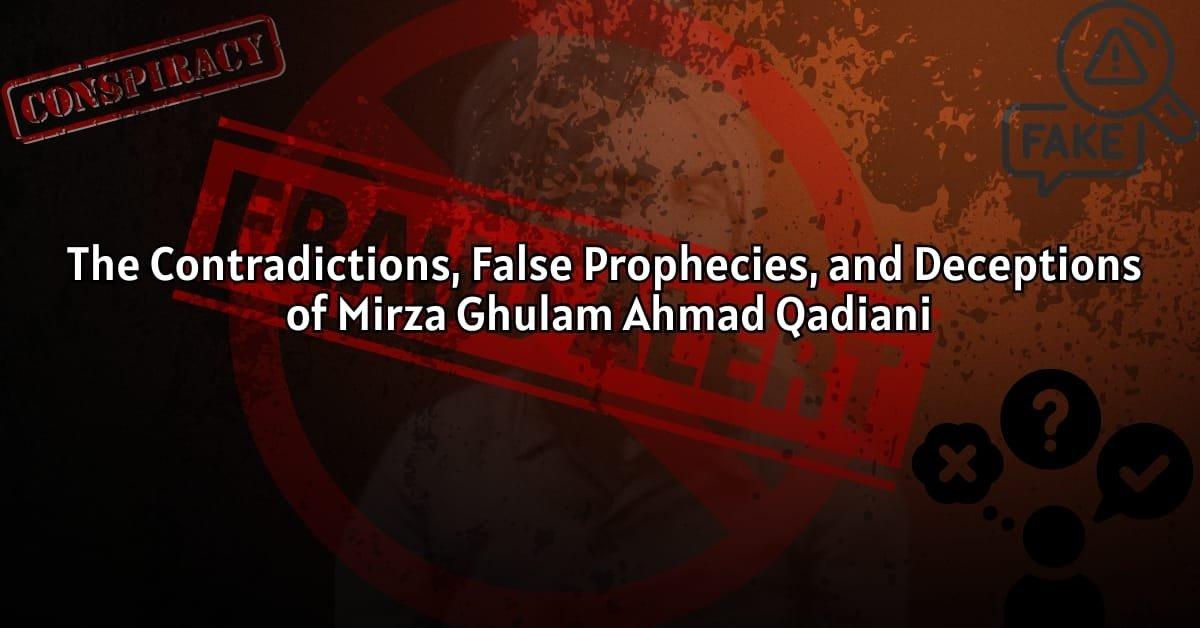Sponsor
Understanding Qadiyaniat – A Deep Dive into Its Origins and Beliefs

The Historical Roots of Qadiyaniat
Qadiyaniat, also known as the Ahmadiyya movement, was founded in the late 19th century in British India by Mirza Ghulam Ahmad. Claiming to be the promised Messiah and Mahdi, his teachings diverged significantly from mainstream Islamic beliefs, especially regarding prophethood. These deviations form the foundation of scholarly and religious critiques of the movement.
Core Beliefs That Distinguish Qadiyaniat
One of the most controversial elements of Qadiyaniat is the belief that Mirza Ghulam Ahmad was a prophet, despite the finality of Prophet Muhammad ﷺ in Islam. This contradicts a fundamental tenet of Islamic faith. Other doctrinal issues include unique interpretations of Jihad, miracles, and the return of Isa (Jesus, peace be upon him).
Response from the Muslim Ummah
Over the years, Islamic scholars and jurists across various sects have unanimously rejected Qadiyani claims, issuing fatwas that place the group outside the fold of Islam. This consensus has been based on a deep review of Qadiyani literature, beliefs, and public statements that contradict established Islamic doctrine.
Legal and Social Perspectives
In countries like Pakistan, Qadiyanis have been legally declared non-Muslims. The constitution and judiciary recognize their beliefs as separate from Islam. While these legal decisions aim to protect Islamic identity, they also raise discussions about religious classification, freedom, and societal harmony.
The Importance of Awareness and Education
Understanding the intricacies of Qadiyaniat is essential for Muslims today. Misinformation or lack of awareness can lead to confusion, especially among the youth. Educational platforms, books, and online resources play a key role in equipping the Ummah with authentic knowledge to counter false ideologies.
Final Thoughts on Preserving Islamic Aqeedah
The preservation of Islamic creed is a collective duty. Addressing challenges like Qadiyaniat through respectful dialogue, scholarly engagement, and community education helps safeguard the integrity of our faith. With unity and knowledge, the Ummah can remain firm against deviations from core Islamic teachings.



